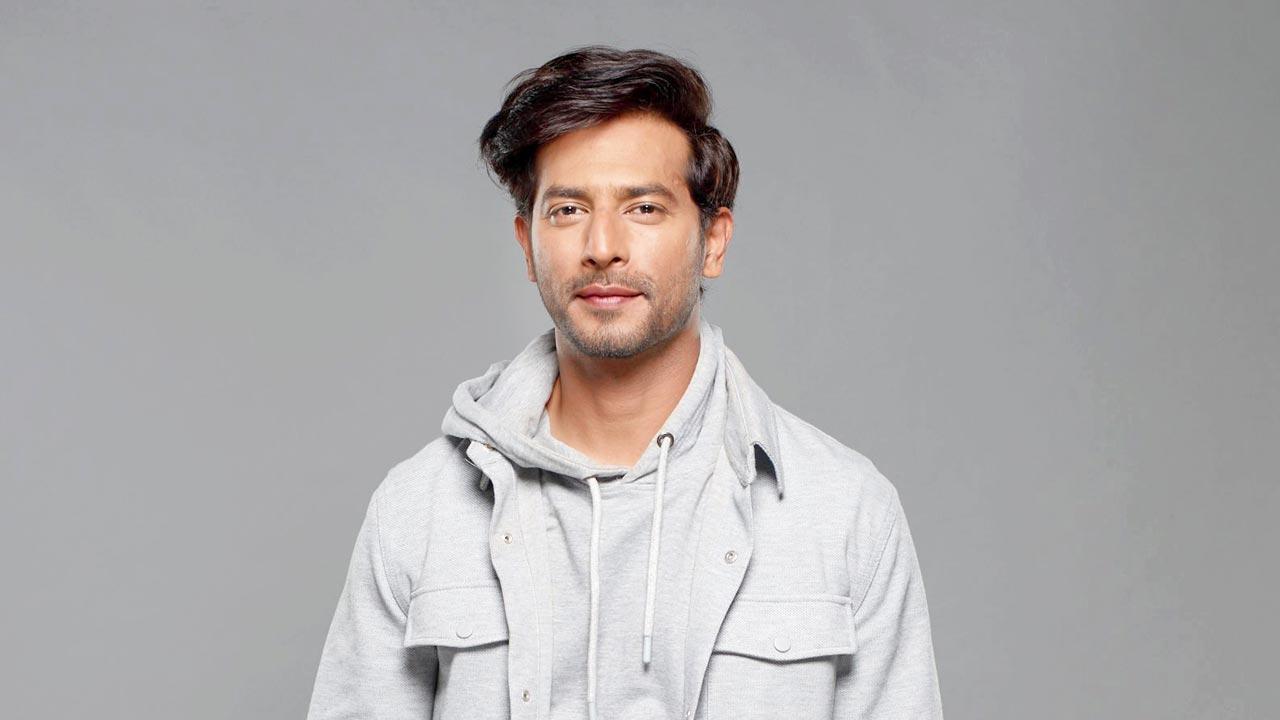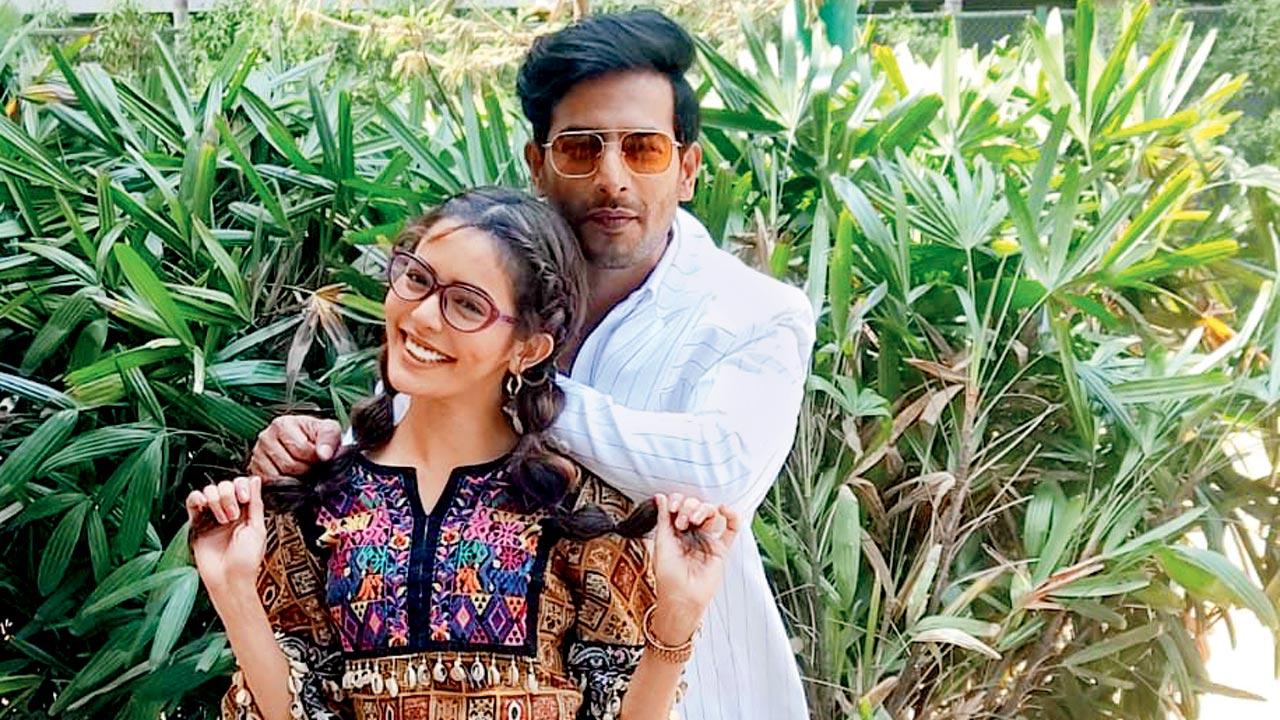Sehban Azim discusses the ripple effect of the OTT boom on television content as he fronts Spy Bahu

Sehban Azim
As the lines between television, movies and OTT offerings are fast blurring, actors are having a field day exploring newer stories without worrying about TRPs or box-office returns. Sehban Azim has yet to test the waters of digital entertainment, but he believes that the OTT boom has had a ripple effect on television. Fronting Spy Bahu, the actor discusses identifying with the “aloof” character and how his wish of going back to Kashmir was realised through the show.
ADVERTISEMENT
Edited excerpts from the interview.
What was your first reaction on reading the script?
Honestly, it took me a while to read the script as I was travelling to Kashmir. I wasn’t taking any work calls because I needed a break after working for three years on Tujhse Hai Raabta. But the [makers] kept calling, asking me to meet or send them an audition video. After one-and-a-half months, when I finally read the script, I wondered what took me so long to take it up. Spy Bahu is a different story altogether. They wanted to cast me because [the character] was [a lot like] me – he is a traveller, he is aloof, and distances himself from the world [laughs]. The makers told me that they were contemplating on starting the story in Kashmir. I believe it was some kind of manifestation because I wanted to go back to Kashmir ever since [I returned from the holiday].
 Sana Sayyad and Sehban Azim in Spy Bahu
Sana Sayyad and Sehban Azim in Spy Bahu
What did you find challenging about playing Yohan Nanda?
The most difficult part was showing my hatred towards my [on-screen] father. I’m good with romance and emotions, but to depict [animosity] towards his character’s father isn’t easy.
Do you think the show would fare better on an OTT platform as a limited series?
I believe good content works everywhere, whether it is a film, TV or web series.
The OTT boom has compelled filmmakers and TV show creators to up their game. Do you agree?
The OTT boom has added [more content], and given people a platform to explore projects without worrying about roping in a star. Now, the television industry wants to buck up and make better content. Spy Bahu is one of those examples. It was supposed to be a web show initially. I’m sure even filmmakers feel they need to up their game if they want to draw audiences to the theatres.
You have been working in television since 2009. Did monotony never bother you?
I don’t remember what I’ve done before; that keeps me going [laughs]. On a serious note, I have portrayed different characters. They might showcase similar emotions, but every character will emote it differently, depending on the story and where he comes from. So, I’ve never found it monotonous. Even if I feel so, the idea is to change the pattern. I change it by taking long breaks [from work].
When you go for auditions for a movie or a series, do you face prejudice for being a TV actor?
The prejudice is reflected in conversations, not during the auditions. If they are calling you for an audition, it means they want you. Otherwise, they say, if you want to be a face on the web, please take a break from TV. I have met people [who have suggested] that. I don’t understand it, but people want to make a distinction. I don’t think anyone would have told Shah Rukh Khan that you can’t do a film because you have just done television. As an actor, you should follow your own path.
 Subscribe today by clicking the link and stay updated with the latest news!" Click here!
Subscribe today by clicking the link and stay updated with the latest news!" Click here!







